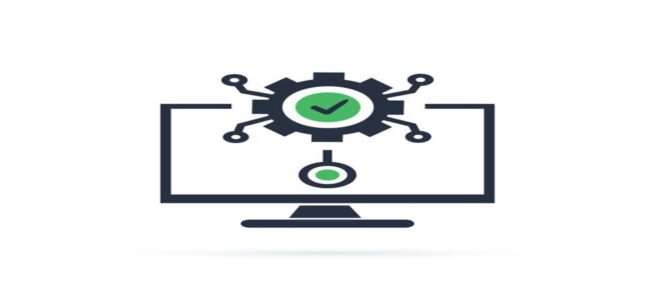Introduction
The process Approach is one of the management strategies which includes a method of thinking, planning the sequences, and communication of processes through the set system. The process is well-managed and controlled. The way of thinking and planning so developed for the processes, and the way they interact thus becomes difficult for many people to understand. The organization manages its business as a system of processes but not majorly people, departments, or products. Good processes would help in generating good results in return. In this output generated from one process serve as an input for the other process.
Interrelated processes must be such that the output generated by one process should be effective enough to serve as an input for the other proceeding process.
ISO 9001 primarily promotes the process approach to sufficiently manage an organization. A total of 20 processes are examined well which even includes a Quality Management system, working as a process. The process approach can turn complex if there exists a large number of processes, inputs, and outputs, so as per recommendation proper flowcharts and supported diagrams must be constructed to better visualize the input-output processes.
ISO 9001 standards are so designed and framed to get managed and bring improvement in the processes which include the following steps:
- There is a need for the identification of key processes.
- The standards for the process need to be defined
- Then the decision needs to be finalized concerning the measurement and evaluation of the process being defined above.
- As determined by the measurement made the process approach so undertaken needs to be documented to achieve the desired standard of quality.
- Continuous improvements need to be bought concerning the approach.
With the step of identification being done the organization must ensure that the right processes are followed the first time by bringing effectiveness. Bringing efficiency to the process approach by continuously bringing improvements in the processes to ensure the least number of resources are utilized by the organization in conducting the processes.
Determination of effectiveness for the entire system is achieved through effectiveness in the process adopted and enabling interactivity of these processes within the organization’s system. Determining whether processes work towards adding much value to the organization or need to be improved enables establishing quality objectives and auditing to be done. While designing and building a quality management system this process approach plays its role and function.
Elements of process approach which lead towards achieving the quality management standards set:
- A process needs to be recognized and identified where it is described in detail and helps in bringing desired results and meeting customer requirements.
- Inputs include- human resource, energy, and materials that need to be identified and quantified in terms of output which consist of work-in-progress and finished products and services.
- The processes would interact and interface with different functional areas which need to be quantified for an effective management procedure.
- To estimate potential risks, outcomes, and their impact on different customers, suppliers, and stakeholders at each stage of implementation.
- For effective implementation of processes, key responsibilities and authority will need to be clarified and laid out for each individual during the process.
- Delivery should be identified for internal or external customers.
- Before building a process resource some elements are also in line to be considered with multiple tasks, flow, and control tactics, along with training requirements and tools with data that could turn effective in implementation.
How the process approach of the quality management system can work toward meeting customers’ needs?
Meeting internal and external customer requirements and continuous improvements can be brought in:
- series of processes- in the overall function of the organization
- Processes- the effective conversion of inputs and outputs within fewer resources.
- Outcomes- the processes coming up with products and services.
- Objectives and requirements fulfilment leading towards the quality generation
- Securing the environment by preventing pollution and waste generation
- Removal of unacceptable risks for ensuring the safety of people and providing support to the people.
How does visualization bring effect on process approach?
Visualization serves towards mapping out the processes and stays beneficial to organize the process and interact with it well.
- Flowcharts- to bring improvements in process flowcharts are a great method to describe the process better by breaking it down into parts. Flowcharts are simple diagrams that make communication easy and allow one to see what happens in the process.
- Turtle diagram- another visualization tool that helps in identifying inputs and outputs significantly and other information to enable effective execution and bring improvements in the process.
What is the basic purpose behind the process approach?
Its primary purpose is to provide consistent products and services as per the requirements posed by the customers to enhance their satisfaction level. The purpose is well met by this effective and efficient process approach. The management system is itself made of processes that contribute towards making the management system more effective and efficient so there emerges a need to understand it’s working with the way they interact with each other. So, the purpose which is served well by the ISO 9001 standard stands the same for the process approach of quality management principle.
How does the process approach gets implemented?
It can be implemented by:
- determining the outputs expected inputs required
- determining the sequence and interaction developed
- then applying the criteria and various methods to ensure effective operations and bring control over the processes.
- Then there also emerges the need to determine the resources needed and ensure their availability
- Authority and responsibilities concerning processes
- Then addressing risks and opportunities associated
- Evaluation of processes and then working towards the improvement of processes if needed.
Wrapping up A process approach where all the resources needed and tasks are already recognized, analyzed, and allocated to each step of the production process will lead towards bringing effective delivery-based results out there.



